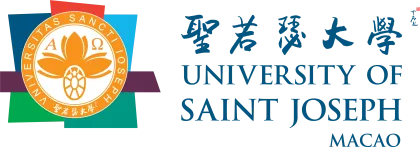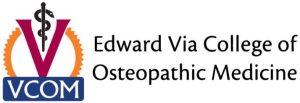Episodic future thinking, defined as the ability to project oneself into the future, has proven useful to pre-experience the future consequences of present actions. We investigate how episodic future thinking influences the food choices of normal weight, overweight, and obese individuals. In doing so, we conduct a controlled laboratory experiment in which participants are presented with representations of weight-increased and weight-reduced modified images of themselves before performing a food choice task. This allows subjects to vividly imagine the future consequences of their actions. We also test the effect of providing health-related information on food choices to compare with the episodic future thinking effect. Our results suggest that while providing health-related information increases the number of lite snack choices of overweight and obese individuals, engaging in episodic future thinking has a positive impact on the food choices of the obese only. These findings are supported by eye-tracking data showing how visual attention and emotional arousal (measured by pupil size) impact individuals’ food choices.
During the food choice task, subjects’ visual attention to the food products is recorded using a stationary non-invasive Tobii TX300 eye tracker. The eye-tracking device is embedded in the computer screen and tracks gaze position at a sampling rate of 120 Hz (i.e. 120 observations per second). A nine-point calibration procedure is used to ensure the accuracy of the eye-tracking metrics. Two eye tracking metrics, total visit duration and pupil dilation, are used to assess objective visual attention and emotional arousal experience by participants while performing the food choice task. Visual stimuli are presented using the iMotions software platform (iMotions, 2014).









